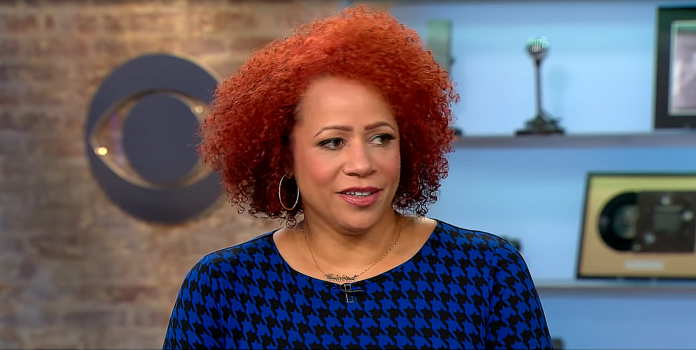A group of professors, academics and historians wrote the Pulitzer Prize Board asking it to revoke the commentary award given for the New York Times’s controversial 1619 Project given its many errors and “patently false assertions.”
The 21 signatories argued in the letter that the 1619 Project’s principal claim—that the institution of slavery was a primary motive for the American Revolution—is not supported by any available evidence.
“The Pulitzer Prize Board erred in awarding a prize to Hannah–Jones’s profoundly flawed essay, and through it to a Project that, despite its worthy intentions, is disfigured by unfounded conjectures and patently false assertions,” reads the letter, which was posted on the National Association of Scholars‘s website and signed by the president of the organization.
The fact-checker hired to edit the essay even warned the Times that this claim was false but was ignored by the essay’s author, Nikole Hannah–Jones, and her editors at the Times.
“Although slavery was certainly an issue in the American Revolution, the protection of slavery was not one of the main reasons the 13 Colonies went to war,” the fact checker explained.
As a result, Hannah–Jones and the Times were forced to issue a correction stating that “the original language could be read to suggest that protecting slavery was a primary motivation for all of the colonists.”
Now the essay says that slavery was a motivation for some colonists.
This correction, which the New York Times publicly refused to address, proves that the entire 1619 Project is fraudulent, the signatories wrote.
“The duplicity of attempting to alter the historical record in a manner intended to deceive the public is as serious an infraction against professional ethics as a journalist can commit,” the letter states.
“Now that it has come to light that these materials have been ‘corrected’ without public disclosure and Hannah–Jones has falsely put forward claims that she never said or wrote what she plainly did, the offense is far more serious.”

